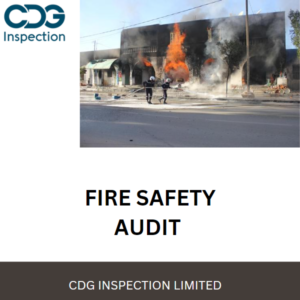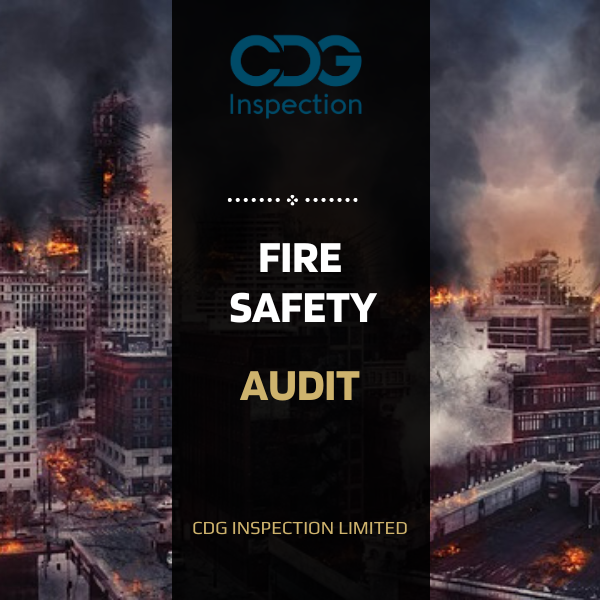Introduction:
Fire safety is a fundamental aspect of maintaining a secure and protected community, and Alwar, a historic city in Rajasthan, is no exception. With its diverse mix of residential, commercial, and industrial areas, conducting regular fire safety audits is crucial to identify potential risks, address compliance issues, and implement effective fire prevention measures. In this blog, we will explore the significance of fire safety audits in Alwar and highlight key areas that require attention to safeguard lives and property.
Evaluating Fire Safety Systems:
1.1. A comprehensive fire safety audit in Alwar should start with evaluating the functionality and adequacy of fire safety systems. This includes assessing fire alarms, sprinkler systems, fire extinguishers, smoke detectors, and emergency lighting.
1.2. It is imperative to ensure that these systems are properly installed, regularly inspected, and maintained according to relevant fire safety standards.
Identifying Potential Fire Hazards:
2.1. Identifying potential fire hazards is a crucial step in a thorough fire safety audit. In Alwar, with its diverse industries and businesses, it is essential to assess fire risks associated with flammable materials, electrical installations, storage areas, and manufacturing processes.
2.2. Identifying potential hazards, such as improper storage of hazardous materials, faulty electrical wiring, or inadequate fireproofing, allows for targeted measures to mitigate risks effectively.
Reviewing Building Safety Measures:
3.1. Conducting a fire safety audit in Alwar also involves reviewing building safety measures to ensure compliance with fire safety regulations. This includes evaluating the construction materials used, the presence of fire-rated doors, proper compartmentalization, and adherence to occupancy limits.
3.2. Auditors must ensure that both new and existing buildings meet the necessary fire safety standards and have measures in place to contain the spread of fire and facilitate safe evacuation.
Assessing Fire Safety Training and Preparedness:
4.1. The effectiveness of fire safety training and preparedness is a critical aspect of any fire safety audit. It is essential to assess the availability and adequacy of fire safety training programs for employees, residents, and students.
4.2. Additionally, evaluating the implementation of fire safety protocols, the knowledge of evacuation procedures, and the accessibility of fire safety information within organizations, schools, and public spaces is vital. Identifying gaps in training and preparedness can lead to targeted educational initiatives and drills to enhance fire safety awareness and response.
Strengthening Emergency Response Plans:
5.1. An effective fire safety audit in Alwar should also focus on reviewing and strengthening emergency response plans. This includes evaluating the availability and accessibility of fire exits, evacuation routes, and assembly points.
5.2. Auditors should assess the coordination and communication protocols between fire departments, emergency services, and building management to ensure prompt and efficient response during fire emergencies. Regular drills and exercises can further enhance the preparedness and effectiveness of emergency response efforts.
Conclusion:
Conducting regular fire safety audits in Alwar is vital to mitigate the risks associated with fire incidents and protect the lives and property of its residents. By evaluating fire safety systems, identifying potential hazards, reviewing building safety measures, assessing training and preparedness, and strengthening emergency response plans, Alwar can establish a robust fire safety framework. Together, we can create a safer environment for everyone in the city, reducing the devastating consequences of fire incidents. Let us prioritize fire safety and work towards a more secure and resilient Alwar.

